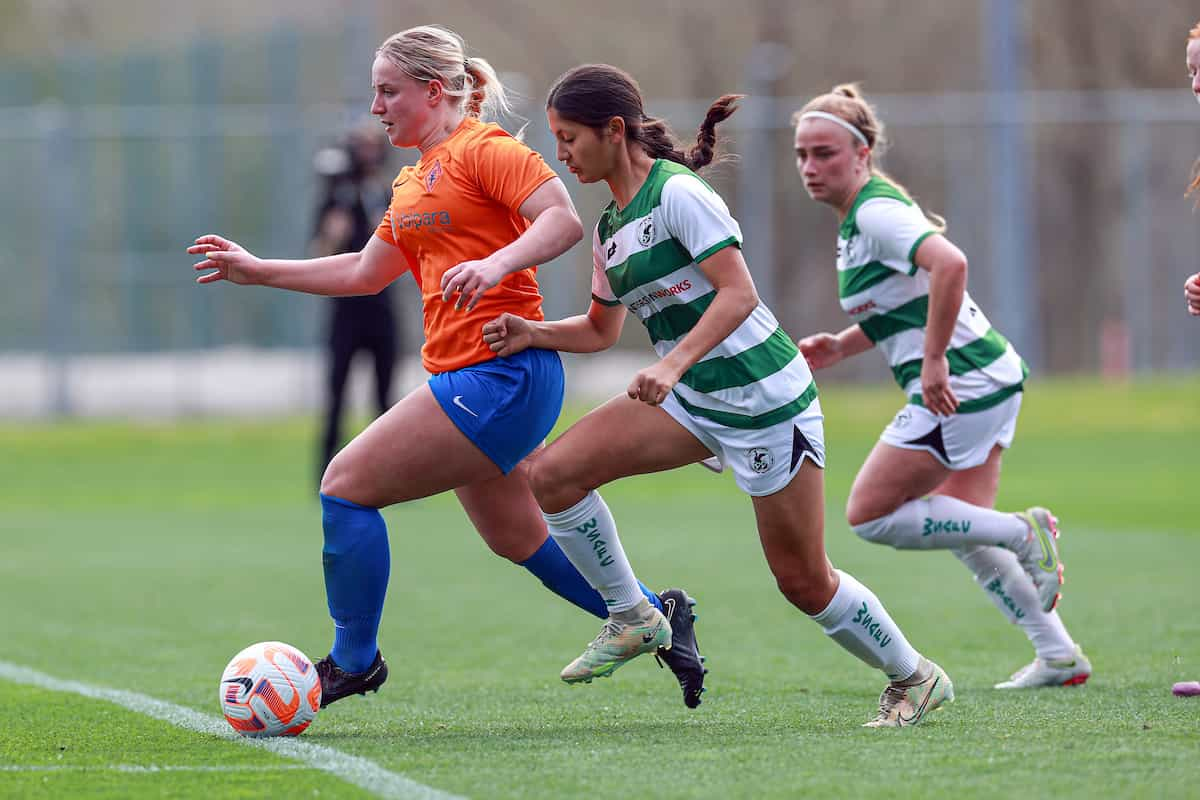Football is a dynamic and challenging sport that demands a diverse set of skills for players to excel. Whether you’re a seasoned athlete or a beginner, mastering these essential skills is crucial for success on the field. Here’s a rundown of the key skills every football player needs to develop.
- Technical Proficiency
At the heart of football is technical ability. This includes dribbling, passing, shooting, and ball control. Dribbling allows players to maneuver around opponents, while precise passing is essential for maintaining possession and setting up plays. Shooting skills are crucial for converting chances into goals. Ball control, including receiving and trapping, ensures that players can manage the ball effectively under pressure.
- Tactical Awareness
Understanding the game’s tactical aspects is vital. Players need to be aware of positioning, formations, and the flow of the game. This skill helps in making intelligent decisions, such as when to press, hold back, or transition between defense and attack. Tactical awareness also involves recognizing the strengths and weaknesses of opponents and adapting strategies accordingly.
- Physical Fitness
Football is physically demanding, requiring a high level of fitness. This includes stamina, strength, agility, and speed. Stamina allows players to maintain high performance throughout the match, while strength helps in winning physical battles. Agility and speed are crucial for quick movements, both in attacking and defending. Regular conditioning and strength training are essential to build and maintain physical fitness.

- Mental Toughness
Mental toughness is as important as physical prowess. Football players must handle pressure, overcome setbacks, and stay focused during matches. This includes managing stress, maintaining a positive attitude, and staying motivated. Resilience helps players bounce back from mistakes and remain committed to their goals.
- Communication Skills
Effective communication on the field is key to teamwork, much like the coordination required in is taekwondo an olympic sport competitions. Players need to talk to each other to coordinate movements, share information, and provide support. This involves verbal communication, such as calling for the ball, as well as non-verbal cues like hand signals. Good communication ensures that all players are on the same page and can execute strategies effectively.
- Decision-Making
Quick and accurate decision-making can make the difference between winning and losing. Players must evaluate options rapidly and choose the best course of action, whether it’s passing, shooting, or defending. This skill is developed through experience and practice, as players learn to read the game and anticipate the actions of opponents and teammates.
- Game Awareness
Game awareness encompasses understanding game scenarios, such as the score, time remaining, and the state of play. Players need to adjust their tactics based on these factors. For example, if a team is trailing, players may need to be more aggressive in their attacking play. Conversely, if leading, focusing on maintaining possession and managing the game becomes crucial.




















